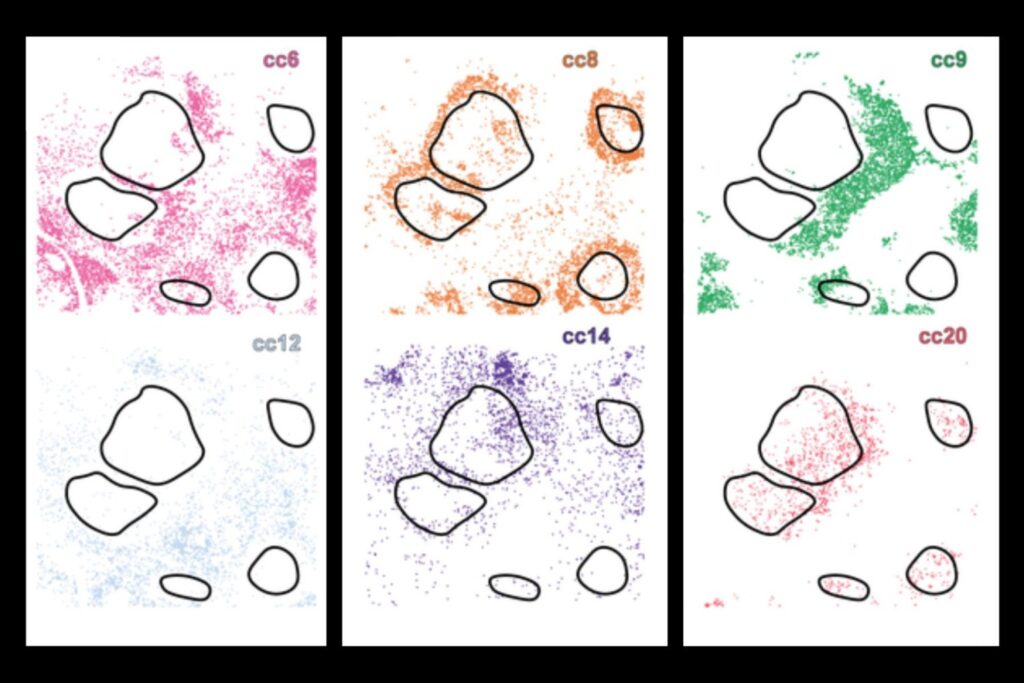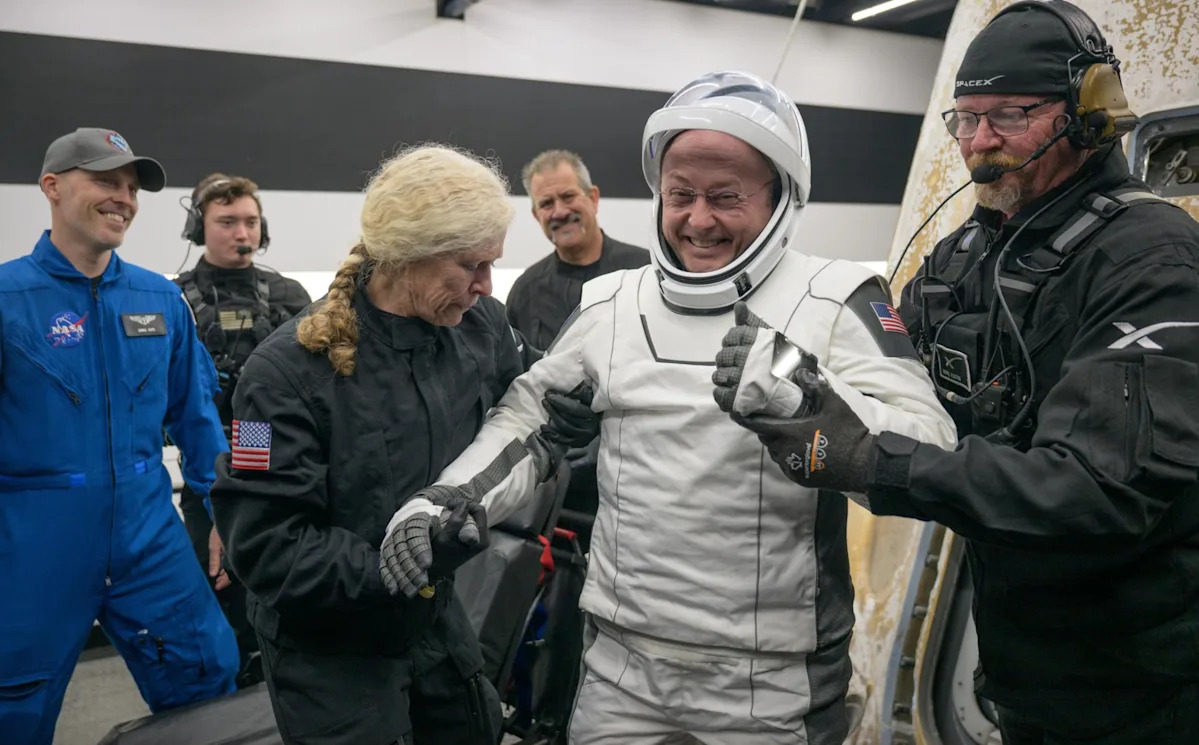
In a groundbreaking advancement for precision medicine, scientists have developed a new artificial intelligence tool named CellLENS, which promises to revolutionize cancer treatment by unveiling hidden cellular characteristics. This innovative deep learning model integrates genetic, phenotypic, and spatial data of cancer cells, offering a comprehensive digital profile that could significantly enhance targeted therapies.
The discovery, detailed in a recent publication in Nature Immunology, is the result of a collaborative effort among researchers from prestigious institutions including MIT, Harvard Medical School, Yale University, Stanford University, and the University of Pennsylvania. Led by Bokai Zhu, a postdoctoral researcher at MIT, the study highlights the potential of AI in transforming cancer diagnostics and treatment strategies.
Understanding Cancer at the Cellular Level
Traditional cancer research often isolates genetic or phenotypic characteristics of cancer cells, but CellLENS breaks new ground by fusing these domains using advanced neural networks. This approach allows scientists to group cells based on their biological similarities, even when they appear identical in isolation but behave differently in their respective environments.
Zhu elaborates on the tool’s capabilities, stating,
“Initially we would say, oh, I found a cell. This is called a T cell. Using the same dataset, by applying CellLENS, now I can say this is a T cell, and it is currently attacking a specific tumor boundary in a patient.”
Such precision is crucial, as current methodologies often overlook critical molecular or contextual information, potentially limiting the effectiveness of immunotherapies. By utilizing deep learning, CellLENS can detect multiple layers of information, including cell morphology and spatial positioning within tissues.
Implications for Cancer Diagnostics and Treatment
When applied to samples from various cancers, including lymphoma and liver cancer, CellLENS has uncovered rare immune cell subtypes and revealed their roles in disease processes such as tumor infiltration and immune suppression. These insights could pave the way for more precise cancer diagnostics and tailored immunotherapies.
Alex K. Shalek, a co-author of the study and director of the Institute for Medical Engineering and Science (IMES) at MIT, expresses enthusiasm about the potential of AI tools like CellLENS.
“I’m extremely excited by the potential of new AI tools, like CellLENS, to help us more holistically understand aberrant cellular behaviors within tissues. We can now measure a tremendous amount of information about individual cells and their tissue contexts with cutting-edge, multi-omic assays.”
Historical Context and Future Prospects
The development of CellLENS represents a significant leap forward in cancer research, building on decades of work in cellular biology and computational science. Historically, cancer treatments have been hampered by the inability to fully understand the complex interactions between cancer cells and their environments. CellLENS addresses this gap by offering a detailed map of cellular interactions, which could lead to the identification of new biomarkers and therapeutic targets.
Looking ahead, the integration of AI in cancer research holds promise for accelerating the development of effective interventions. As Shalek notes,
“Effectively leveraging that data to nominate new therapeutic leads is a critical step in developing improved interventions. When coupled with the right input data and careful downstream validations, such tools promise to accelerate our ability to positively impact human health and wellness.”
Conclusion: A New Era in Precision Medicine
The introduction of CellLENS marks a new era in precision medicine, where AI-driven insights can lead to more effective and personalized cancer treatments. As researchers continue to refine and validate these tools, the potential for improving patient outcomes and advancing our understanding of cancer biology appears boundless. The scientific community eagerly anticipates the next steps in this promising field, with hopes that AI will continue to unlock the mysteries of cancer and transform the landscape of medical treatment.





